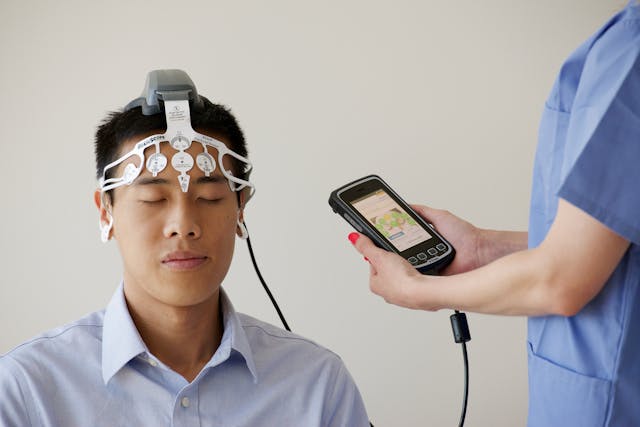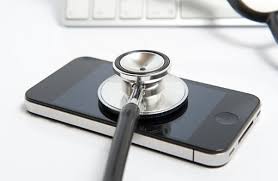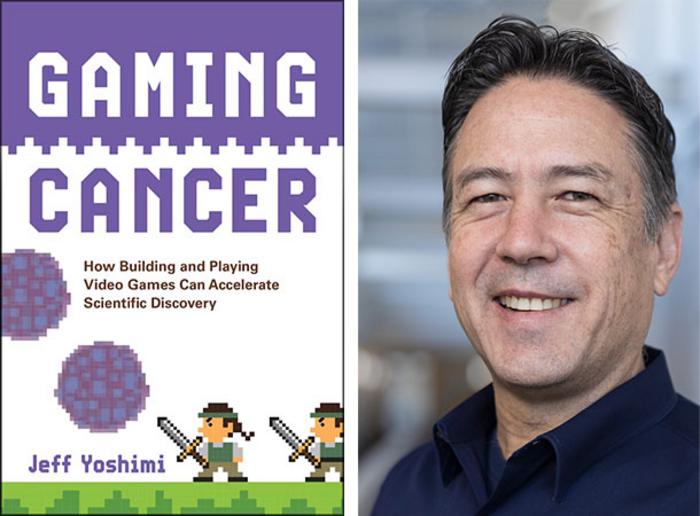Researchers at the Yale School of Public Health (YSPH) and CytoAstra, LLC are developing an innovative testing platform called cytophone that could revolutionize malaria detection. Unlike traditional blood tests, cytophone doesn’t require drawing blood. Instead, it uses lasers and ultrasound to identify malaria infection in blood cells.
Malaria is a significant global health issue, affecting millions of people each year. The cytophone technology could provide more accurate and sensitive testing results compared to existing methods, enabling earlier detection and treatment.
The research team recently received a $500,000 grant from the Bill & Melinda Gates Foundation to build improved prototypes of the platform and conduct field testing in Burkina Faso, where malaria is endemic. This real-world testing will be critical to assess the platform’s effectiveness in the areas most affected by the disease.
The cytophone technology works by using lasers to target superficial blood vessels. Malaria parasites inside red blood cells produce a compound called hemozoin, which absorbs laser energy differently than the hemoglobin in non-infected cells. This energy absorption generates acoustic waves that can be detected using a small ultrasound device placed on the skin. By analyzing these waves, the platform can identify the presence of malaria infection.
The researchers have already demonstrated the effectiveness of the device in identifying infection in mice and humans. The portable version of the device has shown promising results in a proof-of-concept study in malaria-infected adults in Cameroon.
The potential of cytophone technology is enormous. It could greatly improve the diagnosis, treatment, and understanding of malaria. Current diagnostic methods, such as light microscopy and rapid antigen blood tests, have limitations in sensitivity. The cytophone’s ability to scan a larger volume of blood could significantly increase sensitivity and accuracy, making it a valuable tool in the fight against malaria.
The collaborative effort between researchers at YSPH, CytoAstra, and their Cameroonian colleagues has been instrumental in advancing this technology. Together, they have opened doors to new possibilities that wouldn’t have been achievable individually.
In conclusion, the cytophone testing platform has the potential to be a game-changer in malaria detection and could make a significant impact on global health by enabling earlier and more accurate diagnosis and treatment of this deadly disease.
- Eurekalert







